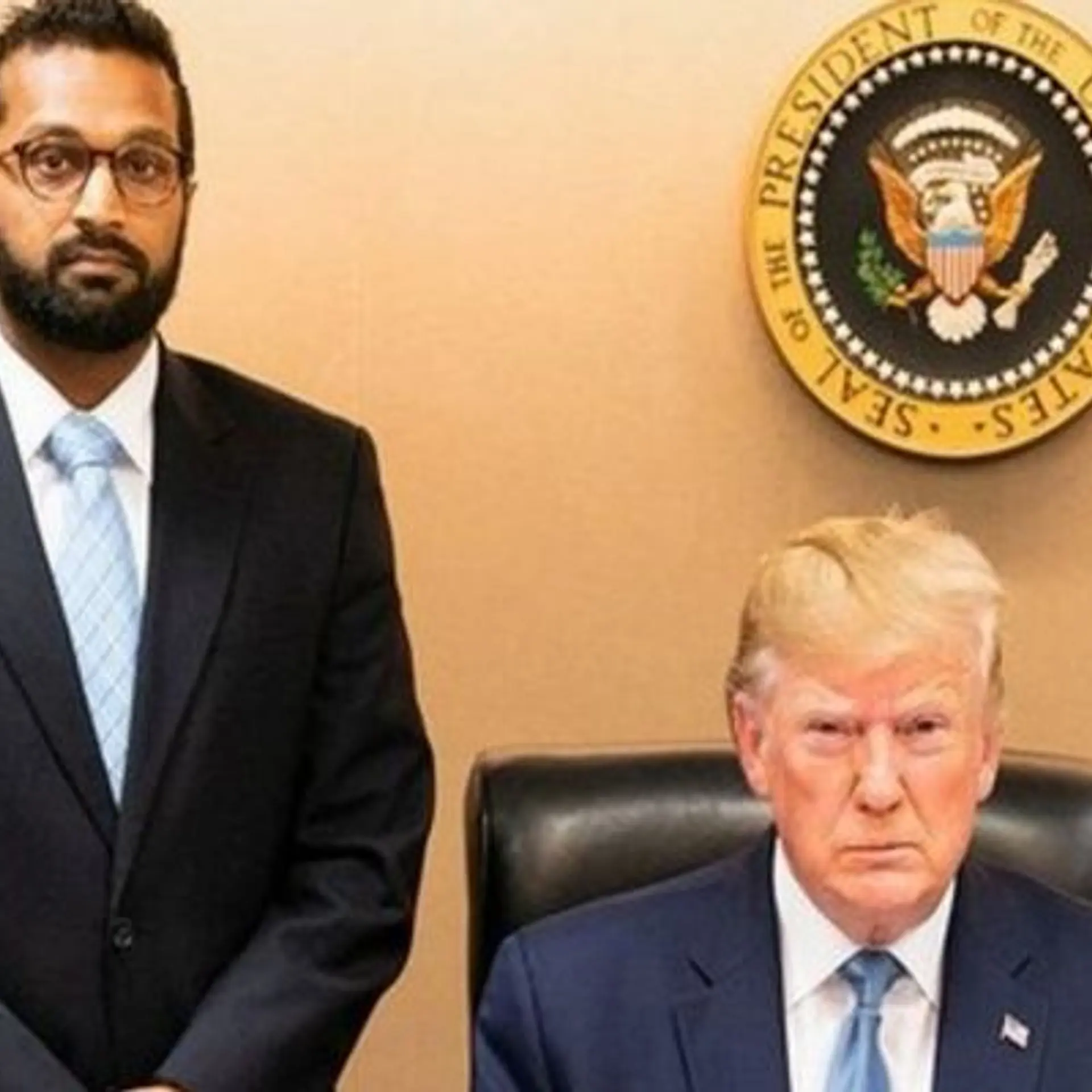Kanavu - Where Dreams are Built
Tuesday March 18, 2008 , 3 min Read
In the words of Paulo Freire, Brazilian educator, activist, philosopher, and author of Pedagogy of the Oppressed:
Self deprecation is … characteristic of the oppressed, which derives from their internalization of the opinion the oppressors hold of them. So often do they hear that they are good for nothing, know nothing and are incapable of learning anything – that they are sick, lazy, and unproductive – that in the end they become convinced of their own unfitness.
They call themselves ignorant and say the ‘professor’ is the one who has knowledge and to whom they should listen…
Almost never do they realize that they, too, ‘know things’ they have learned in their relations with the world and with other women and men.
Such is the nature of the battle for Kanavu, a non-traditional school for Adivasi children in the Wayanad district of north Kerala that, according to its founder, K.J. Baby, aims to “not only educate [Adivasi children], but also cultivate a sense of pride in themselves.” There is no official curriculum for this school, no classrooms, no syllabus, no rote-learning, no memorization-driven exams. The teachers are the students, and the students are the teachers – quite literally, as the school is now run by graduates of the program, who do everything from managing the school to teaching. Inherently, the school is, in Freirean terms, liberatory in nature:
More after the jump.
Education which is liberatory encourages learners to challenge and change the world, not merely uncritically adapt themselves to it. The content and purpose of liberatory education is the collective responsibility of learners, teachers, and the community alike who, through dialogue, seek political, as well as economic and personal empowerment. Programs of liberatory education support and complement larger social struggles for liberation.
Specifically, the school aims to “help its hundred odd students to overcome the ugly legacy of a history of bondage” through a unique system of education that channels learning through co-constructed, locally derived meanings that highlight the richness of local history, culture, and tradition:
The children are encouraged to confront their past not through textbooks but by invoking examples drawn from the life of the community. Tribal folk songs and rituals form the core of the effort to reinforce their sense of identity.
The next step is to initiate them into the process of developing skills, whether in music, painting, dance, theatre or martial arts. Skills in farming are also given high priority as an example of a gainful traditional occupation.
Scientific awareness is inculcated by stimulating interest in the local environment, supplemented later by books, slides and pictures.
I am especially moved by Kanavu’s model of education, because it equates education with social liberation, and empowers children to build knowledge organically through their local environments. In the process, children grow up learning to value themselves, their environments, their collective histories, and their communities – a skill that is far more invaluable than any multiplication table.
Source: OneWorld South Asia






